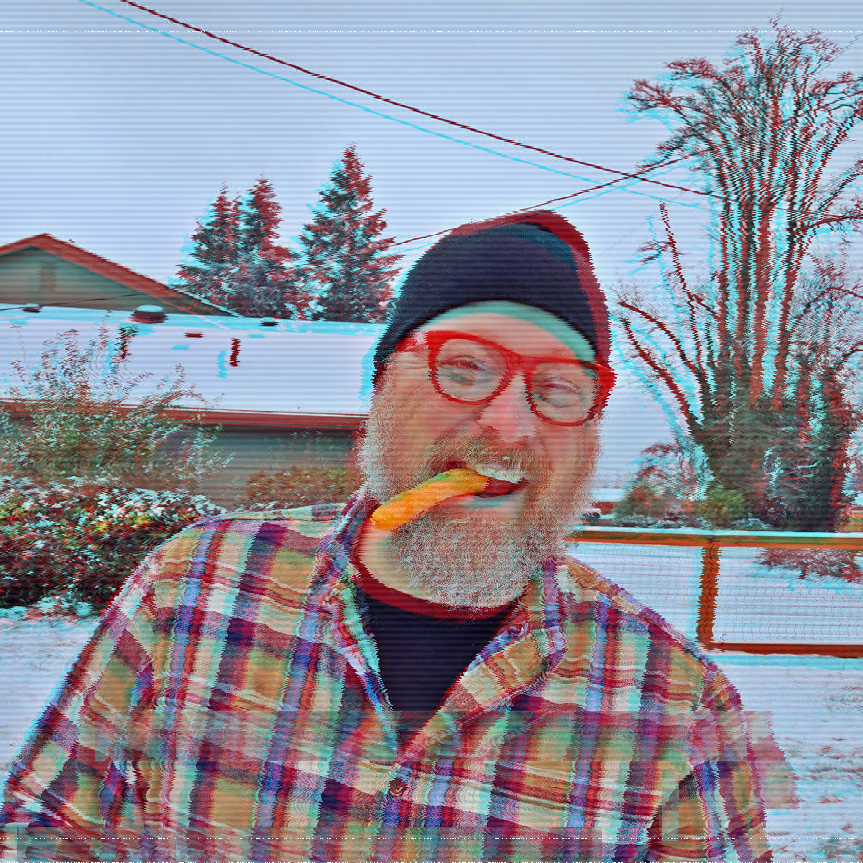Author: James Aaron
-
Bought a used notebook at the thrift store
and peeled off the price tag to find the previous owner’s label. Too bad the journal was blank.#thrifting, #secretstory, #therapy
-
This copy of Dune has seen some stuff
Spotted this library binding copy Dune at the local thrift store. It had been ridden hard but was in very readable condition. I put it back for someone else to enjoy. I’ve already got too many copies of Dune.#dune, #frankherbert, #thriftscores, #thrifting
-
Catching the White Wolf
I went down the rabbit hole on Robert Gould, the cover artist for several Elric novels I read as a kid. A seller on ebay had several prints from the 1990 Worldcon still available for a good price and I grabbed one up. Always liked this cover with Stormbringer. #robertgould, #michaelmoorcock, #ebayfinds, #stormbringer
-
Saved: Resonance as a Design Strategy for AI and Social Robots
https://www.frontiersin.org/articles/10.3389/fnbot.2022.850489/full
-
Saved: An Ephemerist
Q: “I tend to either act as a data hoarder, but most of the time end up being overwhelmed with anxiety about having so much data. Even when I just look at my personal photos, I just feel impeding doom knowing it can only grow and grow, it will never get smaller. “I was wondering…
-
Saved: Getting to Handheld AI
https://blog.normalcomputing.ai/posts/2023-09-12-supersizing-transformers/supersizing-transformers.html
-
Mental Budgets
We're in the time of year where I am reminded that I like to spend money. It goes back to deprivation as a kid, not getting the toys other kids had, not getting the good corn flakes. Not understanding why those things didn't matter much, only that I was being told no. Now it's a…
